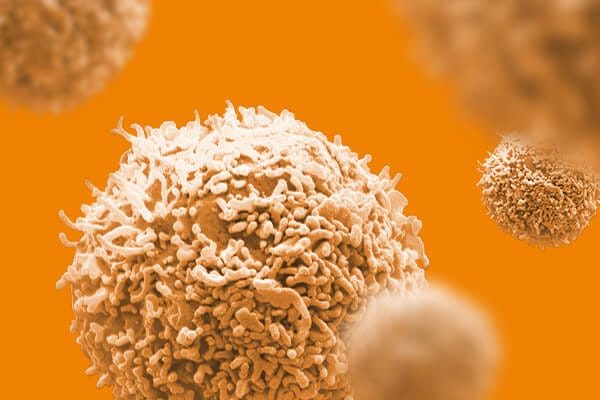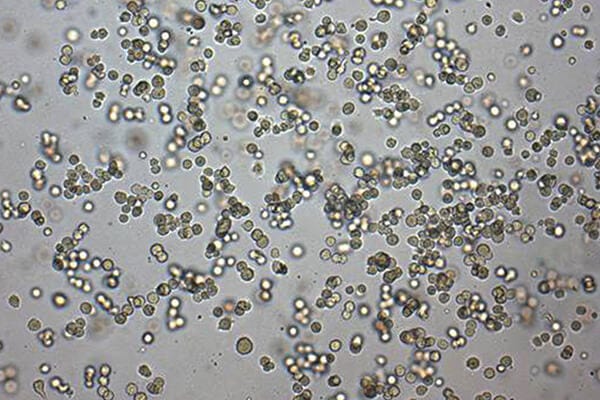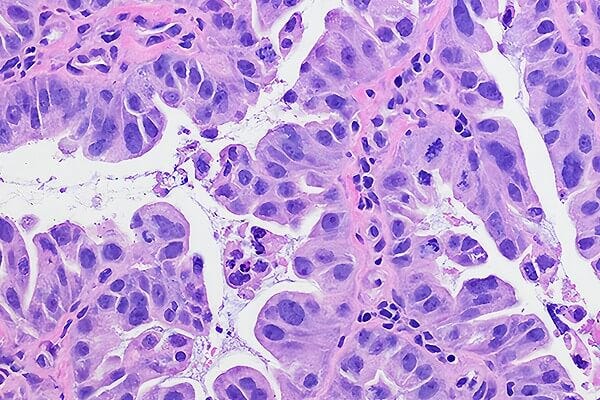BACKGROUND CD47/SIRP$\alpha$ axis is recognized as an innate immune checkpoint and emerging clinical data validate the interest of interrupting this pathway in cancer,particularly in hematological malignancies. In preclinical models,CD47/SIRP$\alpha$ blocking agents have been shown to mobilize phagocytic cells and trigger adaptive immune responses to eliminate tumors. Here,we describe the mechanisms afforded by a CD47xCD19 bispecific antibody (NI-1701) at controlling tumor growth in a mouse xenograft B-cell lymphoma model. METHODS The contribution of immune effector cell subsets behind the antitumor activity of NI-1701 was investigated using flow cytometry,transcriptomic analysis,and in vivo immune-cell depletion experiments. RESULTS We showed that NI-1701 treatment transformed the tumor microenvironment (TME) into a more anti-tumorigenic state with increased NK cells,monocytes,dendritic cells (DC) and MHCIIhi tumor-associated macrophages (TAMs) and decreased granulocytic myeloid-derived suppressor cells. Notably,molecular analysis of isolated tumor-infiltrating leukocytes following NI-1701 administration revealed an upregulation of genes linked to immune activation,including IFN$\gamma$ and IL-12b. Moreover,TAM-mediated phagocytosis of lymphoma tumor cells was enhanced in the TME in the presence of NI-1701,highlighting the role of macrophages in tumor control. In vivo cell depletion experiments demonstrated that both macrophages and NK cells contribute to the antitumor activity. In addition,NI-1701 enhanced dendritic cell-mediated phagocytosis of tumor cells in vitro,resulting in an increased cross-priming of tumor-specific CD8 T cells. CONCLUSIONS The study described the mechanisms afforded by the CD47xCD19 bispecific antibody,NI-1701,at controlling tumor growth in lymphoma mouse model. NI-1701 is currently being evaluated in a Phase I clinical trial for the treatment of refractory or relapsed B-cell lymphoma (NCT04806035).
View Publication


 EasySep™小鼠TIL(CD45)正选试剂盒
EasySep™小鼠TIL(CD45)正选试剂盒





 沪公网安备31010102008431号
沪公网安备31010102008431号